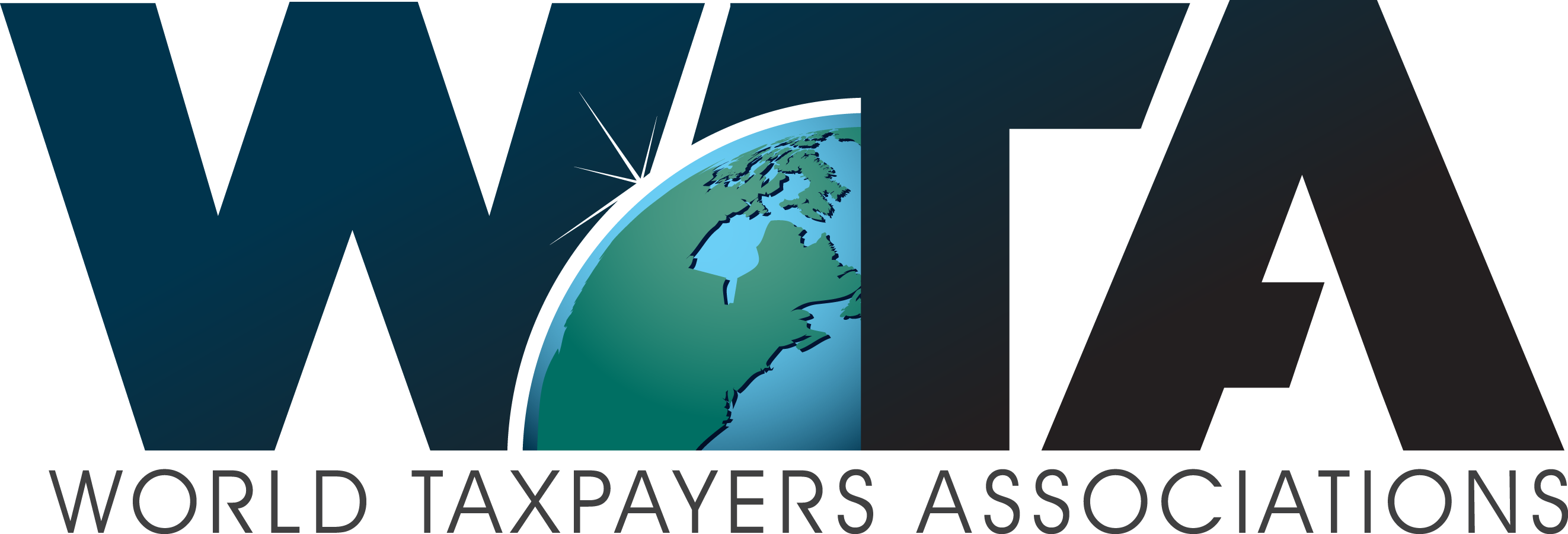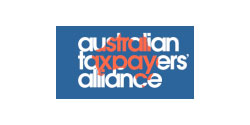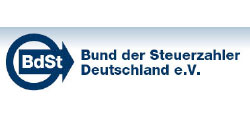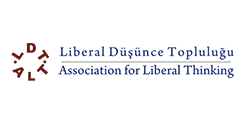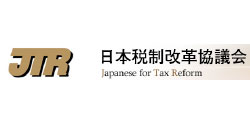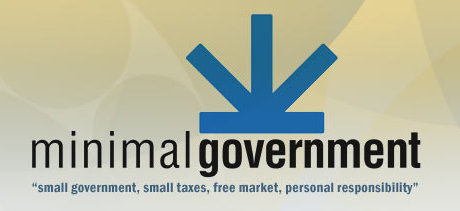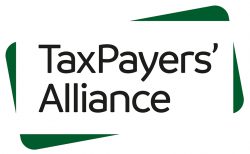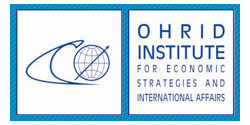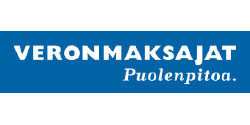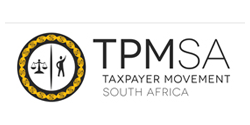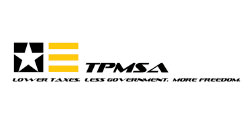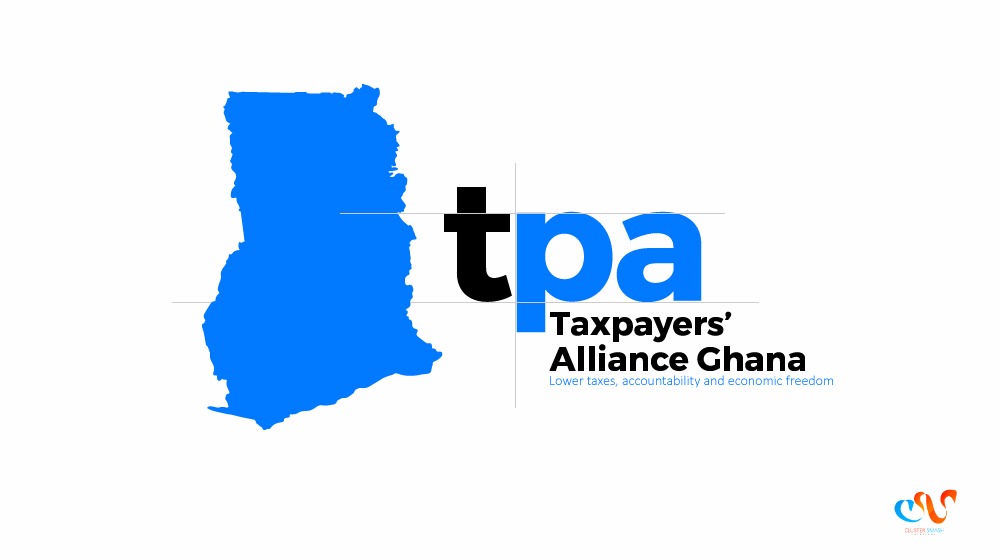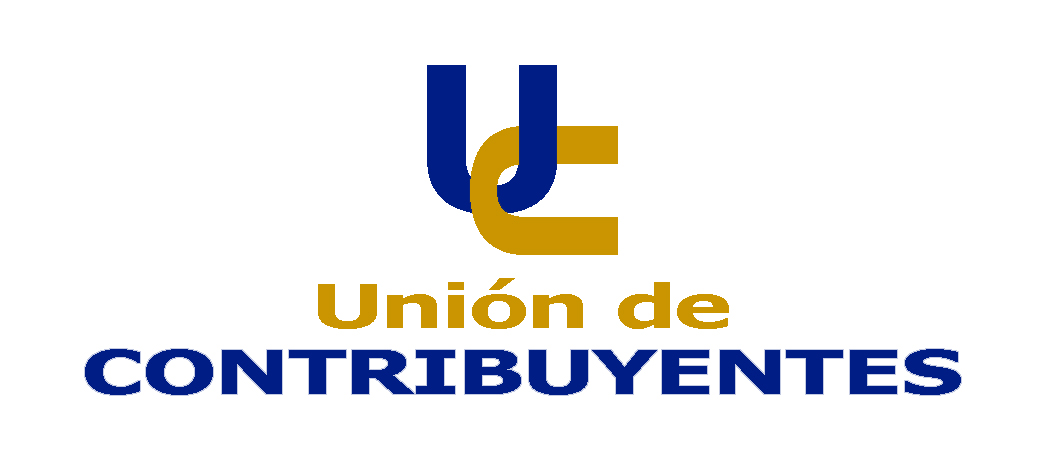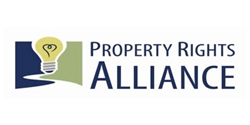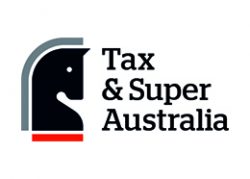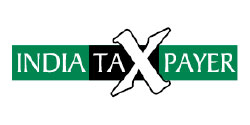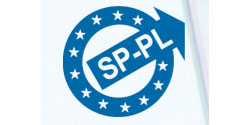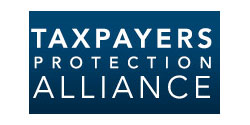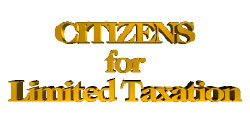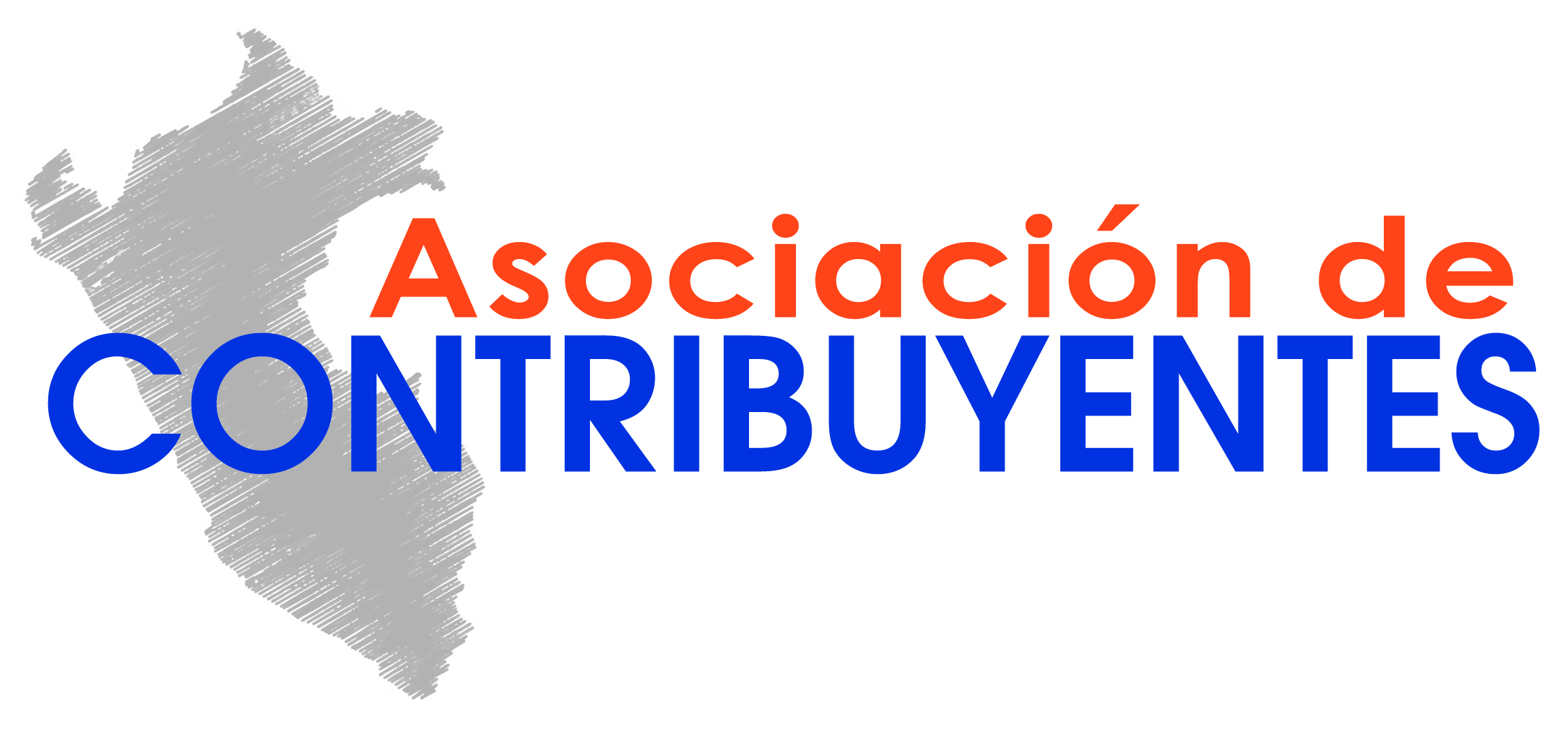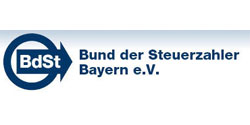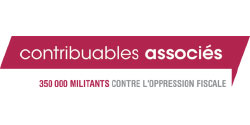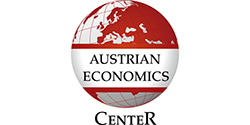The OECD Threatens Ireland’s Low Corporate Tax Success

The OECD Threatens Ireland’s Low Corporate Tax Success
By Cormac Lucey, in The Times, digital edition, 20 November 2015
Repeating this statement does nothing to dilute its impact or its importance: Ireland would be unrecognisable without foreign direct investment. Not only do we depend on mainly American-owned companies for a considerable portion of our jobs, incomes and tax revenues, but the modernising impact of those companies has transformed our society.
Remember when, back in the 1950s, Ireland was a sort of Catholic version of North Korea with open borders — up to a third of people born here used to flee the country. That changed towards the end of that decade, when the tax law was transformed to free export profits from corporation tax. Over the years that tax break has morphed into today’s 12.5 per cent corporation rate, but one thing that hasn’t changed is the big “welcome” mat that Ireland puts at the front door when foreign multinationals come knocking.
A recent report from the American Chamber of Commerce Ireland highlighted some of the key benefits that we derive from this strategy. American companies have invested $277 billion in Ireland since 1990; the comparable figure for Brazil is $92 billion; for Russia it’s $10 billion and in China it’s $51 billion.
American direct investment stock in Ireland totalled a record $240 billion in 2013, a greater investment stake than Germany and France combined ($196 billion). Total US investment in Europe in the first nine months of last year was $115 billion, 19 per cent lower than the same period in 2013, but American flows to Ireland surged nearly 42 per cent to $37 billion. Companies from the US spend €13 billion on pay, goods and services in Ireland. Last, but not least, they contribute €3 billion to the Irish Exchequer in taxes each year. And that figure looks like it’s rising fast.
Germany and France have long criticised our low corporation tax rate as representing unfair competition. And the most powerful man in the world is also on our case. President Obama has slammed American companies that “magically become Irish” to avoid paying taxes in the US and criticised the “inversion” system, in which a large US company may acquire a smaller company domiciled in Ireland and arrange for the larger, merged, entity to pay the lower tax rate.
Mr Obama also called US multinationals who register in Ireland “corporate deserters” and said that because citizens don’t choose their tax rates, neither should companies. So the top item on the agenda of the G8 summit in Fermanagh in 2013 was a commitment “to fight the scourge of tax evasion”.
The Organisation for Economic Co-operation and Development (OECD) was asked to come up with proposals on base erosion and profit shifting, or BEPS. This refers to the effect of multinational companies shifting profits to low-tax states through the use of transfer pricing. Multinationals based in Ireland are frequently accused of practising this.
Now, the OECD is dutifully presenting the first results of its work. From an Irish perspective, the easiest way to judge its potential impact is by looking at the OECD’s three main headings: substance, coherence and transparency.
Under the substance heading, the OECD aims to align corporate taxes with real-value generating activity. Here the transfer prices that multinationals use to invoice sales from their Irish subsidiary to other subsidiaries are crucial. This could damage multinational units producing in Ireland if it can be established that they are using transfer prices to shift profits from high-tax jurisdictions to low-tax Ireland. Furthermore, the OECD plans to close down aggressive tax structures which use “Caribbean cash box” companies as holding locations for intellectual property.
The problem for the organisation is that multinationals located in Ireland generally have commercial substance. Peter Reilly, of the accountants PwC, even suggests that as sustaining very low corporate tax rates becomes increasingly difficult, Ireland’s 12.5 per cent rate may appear even more attractive.
The OECD’s examination of coherence looks at areas such as interest deductions, taxation of foreign subsidiaries and scenarios that lead to anomalous outcomes — a company that isn’t tax resident in any country. The main risk to Ireland is that other tax jurisdictions may change their domestic rules and thereby weaken the country’s appeal as an investment destination, but it remains to be seen what — if anything — happens under this heading.
Transparency is the main area in which the OECD can claim progress. There is to be an automatic exchange of tax rulings between member states that will hinder the scope for aggressive tax planning.
This will also involve the introduction of country-by-country reporting: all multinationals with revenues greater than €750 million will be required to disclose global revenue and expense data by country. This may expose how they use transfer pricing to shift profits from high-tax countries to good, old low-tax Ireland. It may not have any immediate impact, but could trigger adverse knock-on effects.

On balance, however, BEPS doesn’t yet seem to be an existential challenge. This is why The Economist dubbed the BEPS project “an opportunity lost” and complained that “in some of the most important areas, such as grappling with how to tax cross-border online sales, cans have been kicked down the road”.
Britain has reduced its corporation tax rate to 20 per cent and said that this will fall to 19 per cent in 2017 and 18 per cent in 2020. This week it was announced that Northern Ireland will also adopt a 12.5 per cent rate. They appear to have passed their own judgment on the threat posed to Ireland by BEPS by concluding that “if you can’t beat ’em, join ’em”.
